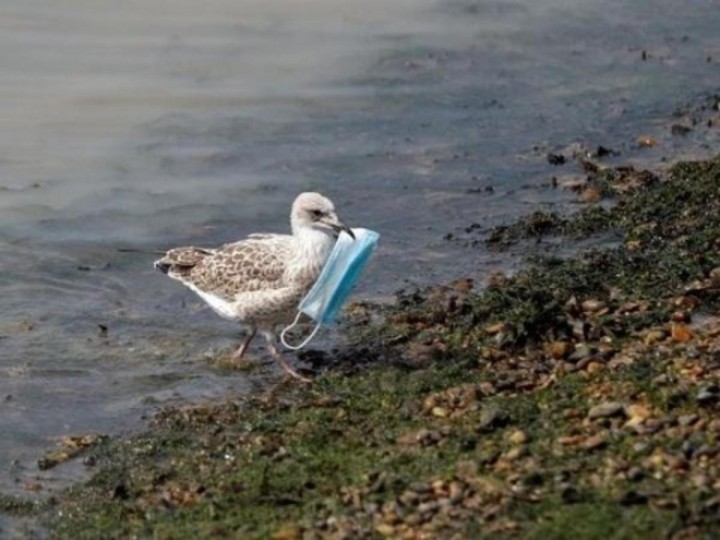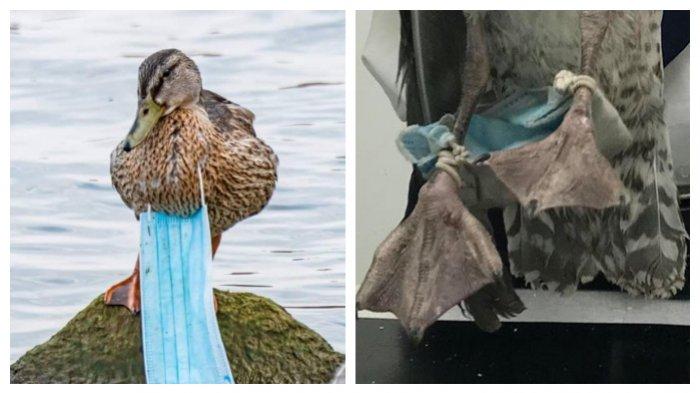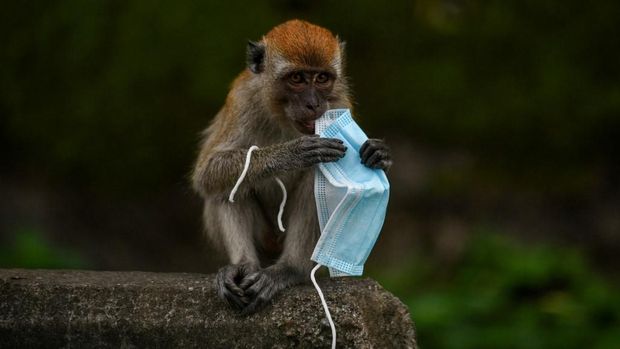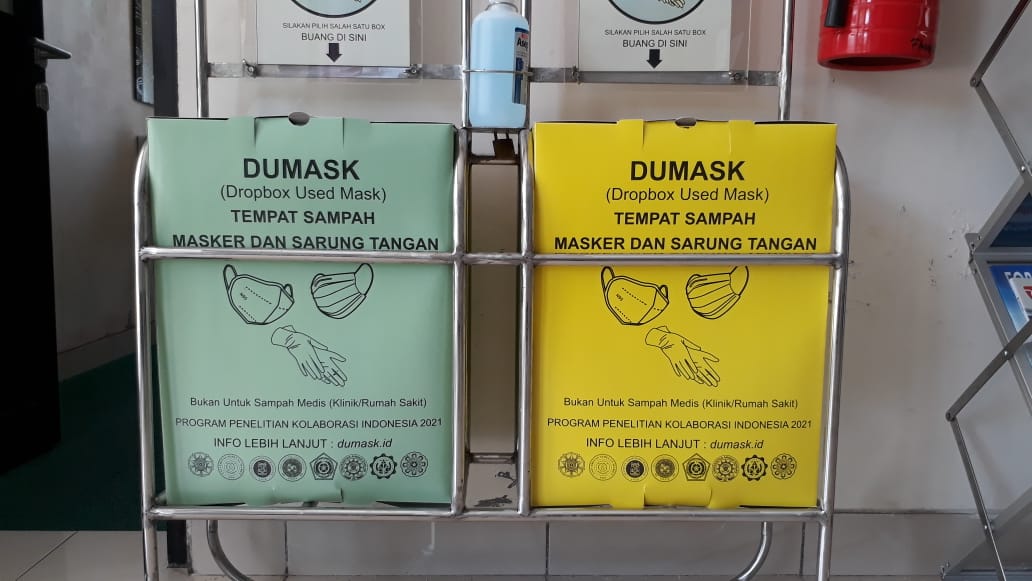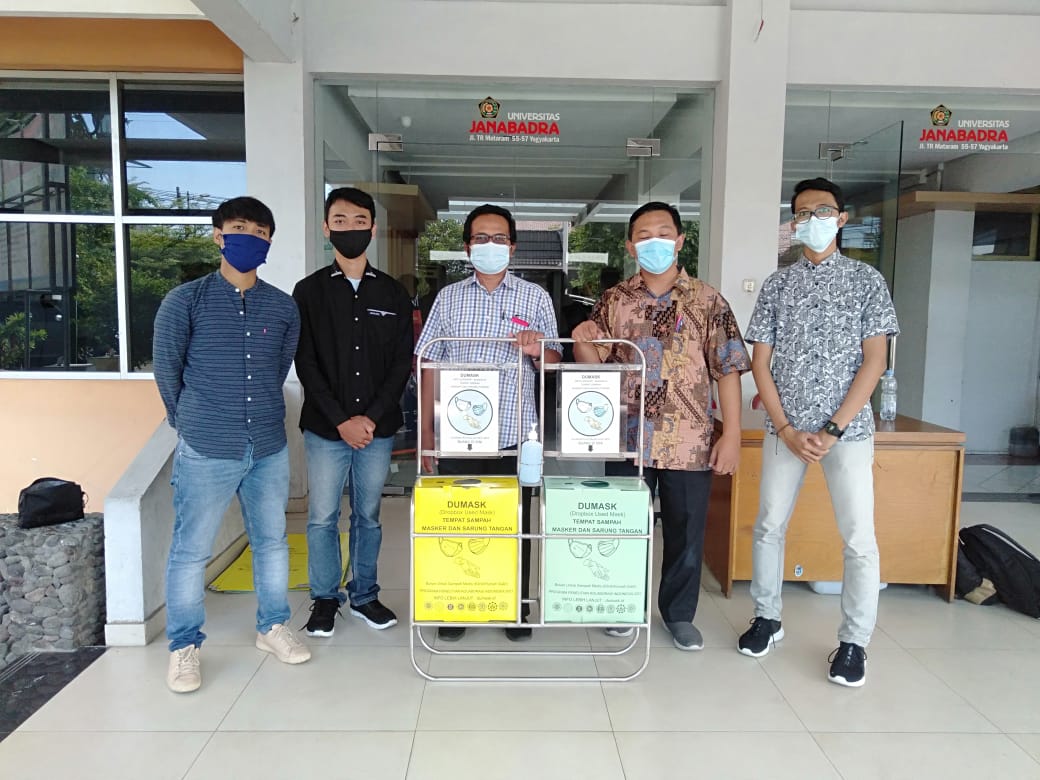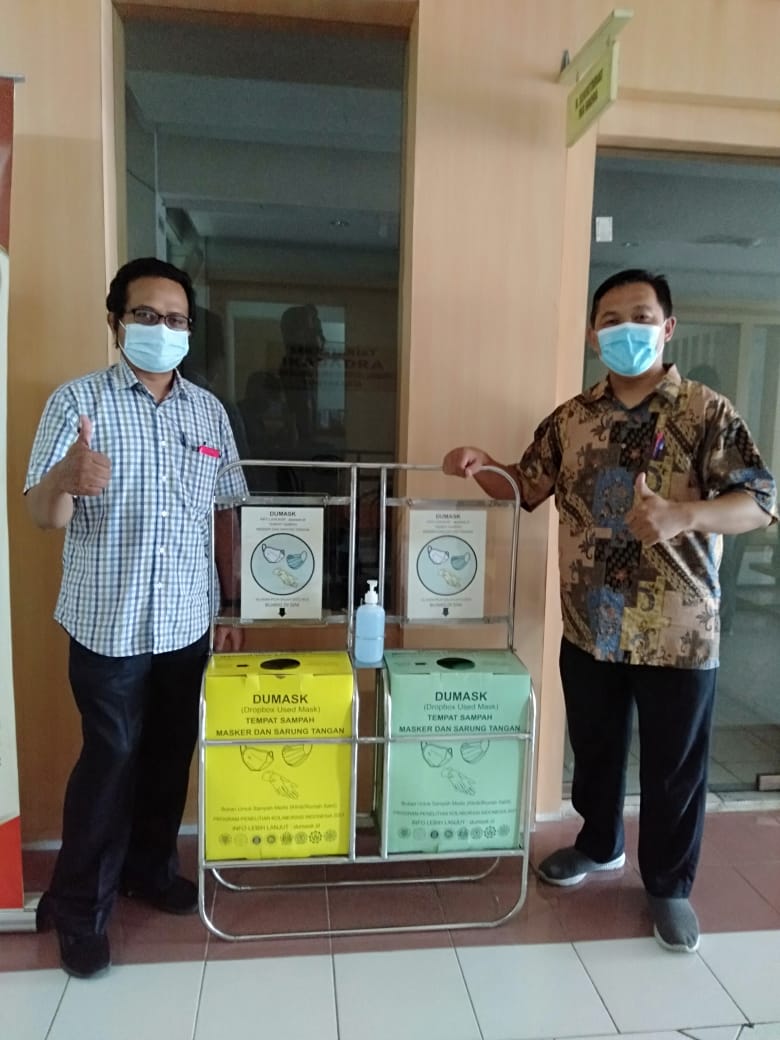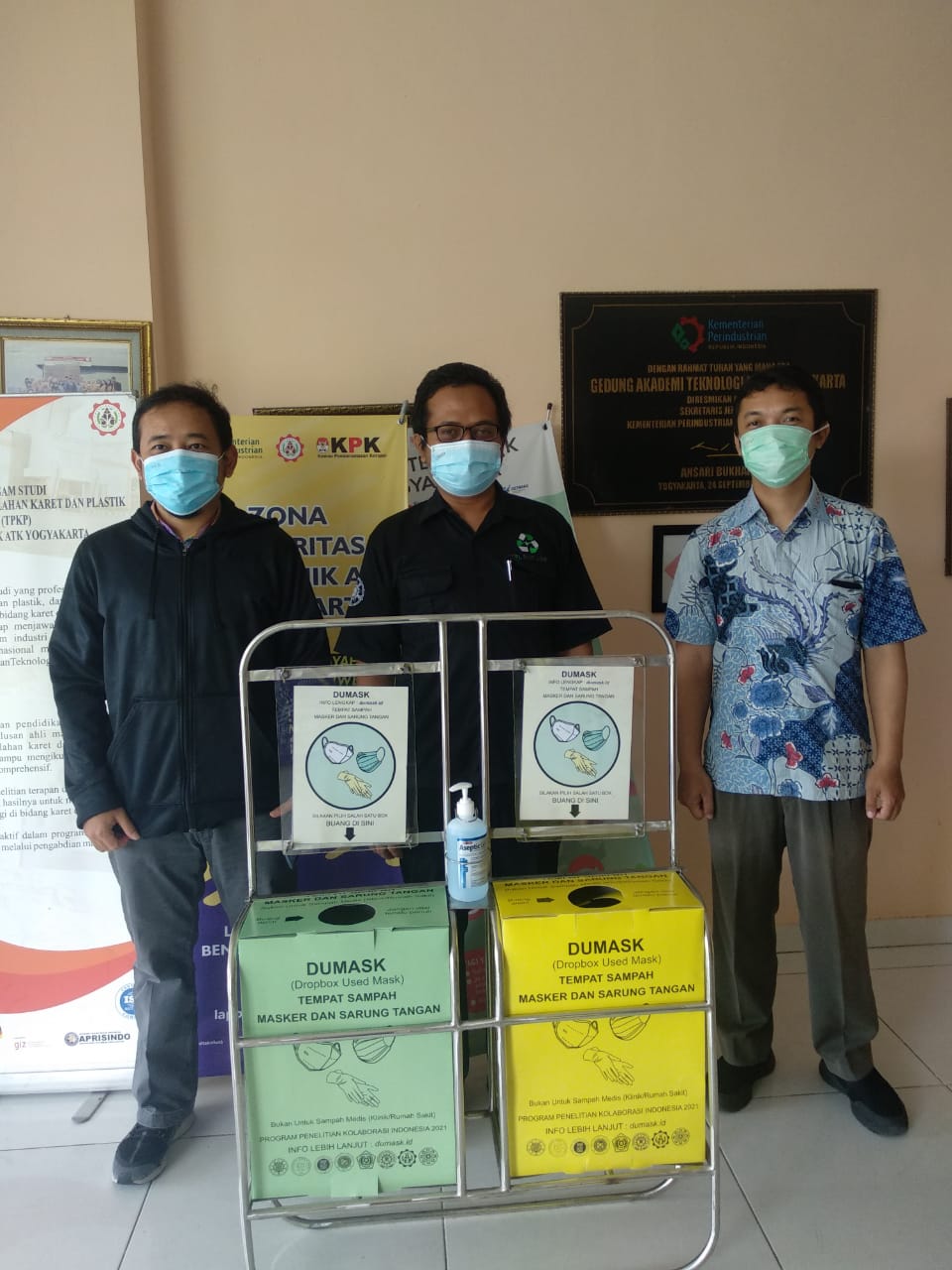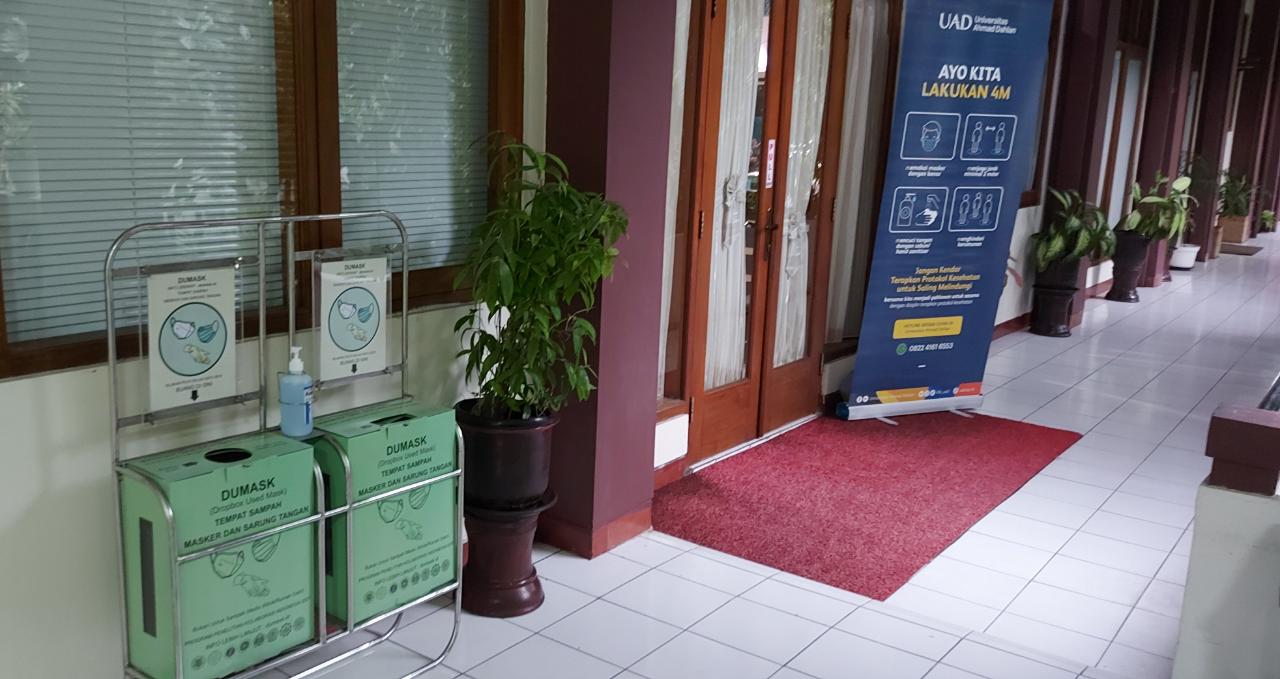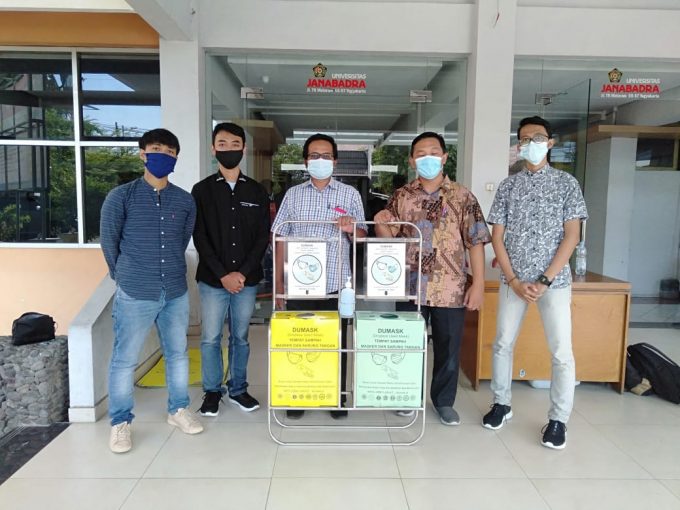
The issue of disposable mask and glove plastic waste is increasingly in the spotlight around the world, including in Indonesia. The Covid-19 pandemic has made masks and gloves a dilemma, on the one hand helping the world’s citizens avoid the virus, on the other hand, is dangerous for the environment. Previously, hospitals were the biggest contributor to medical waste, now masks and gloves seem to be part of the garbage generated by the community on a daily basis. Global data compiled by the BBC shows that the world’s population wears 129 billion mask and 65 billion disposable plastic gloves every month during this pandemic. The Covid-19 pandemic has made mask and glove waste a new wave after plastic pollution.
Medical waste that is not disposed of according to regulations often ends up on land and waters, endangering the fauna and ecosystems that exist. Throughout 2020, there has been a lot of evidence in the field that used masks are able to ensnare animals such as birds and turtles which can lead to death. Proper waste management is needed to prevent the spread of disease, minimize environmental impacts, and exploit the potential benefits for further use.
Departing from these concerns, Universitas Gadjah Mada (UGM) collaborated with the Bandung Institute of Technology (ITB) and Universitas Sebelas Maret (UNS) to create a program in the form of a medical waste management system for disposable masks and plastic gloves to minimize the impact of this waste on the environment, named DUMask. DUMask is an acronym for Dropbox-Used Mask. DUMask specifically aims to provide a safe and environmentally friendly disposal route for used masks and gloves from the public.
The DUMask project is funded by the Indonesian Collaborative Research Program (PPKI), which starts from February to October 2021. This project started with the collection of mask and glove waste using boxes, as well as making applications to monitor drop boxes and burners. Dropbox is placed in several locations, if the box is full of trash it will provide notifications on the application and on the website. Then the officer will take the box. The medical waste will be destroyed by heating at high temperatures or better known as the pyrolysis method.
“Incidentally, UGM has a Recycling Innovation House (RINDU) facility located at the Agrotechnology Innovation Center (PIAT). RINDU is the center for processing and developing waste technology and has adequate thermal technology waste destruction equipment,” said Chandra Wahyu Purnomo as the main researcher in the DUMask project.
This pyrolysis reactor will be developed also at other partner universities. This program is also supported by Universitas Airlangga, Universitas Ahmad Dahlan, ATK Polytechnic, Universitas Janabadra, and Universitas 45 Proklamasi, all of which are members of the Indonesia Solid Waste Forum (ISWF). Chandra also hopes that the DUMask project can be immediately adopted by other local and provincial governments so that it can make a real contribution to medical waste management during the Covid-19 pandemic in Indonesia.

